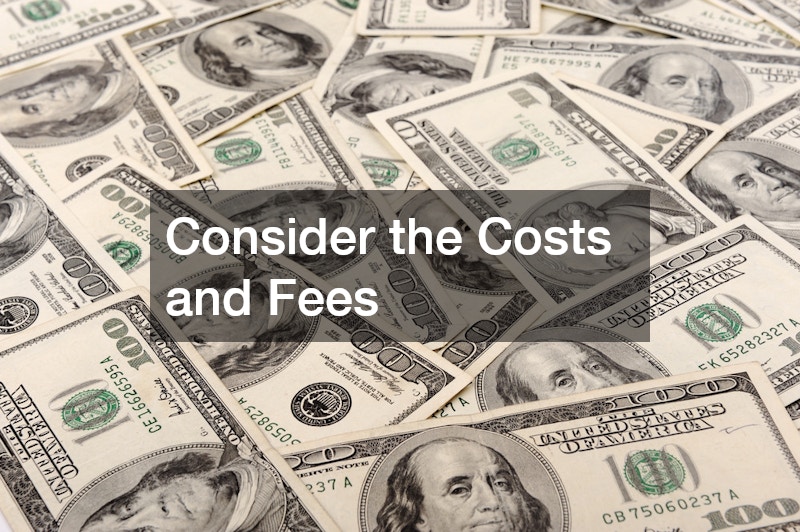When engaging in real estate transactions, whether buying or selling a home, commercial property, or dealing with legal disputes, having a reliable and skilled real estate lawyer is crucial. A good lawyer will protect your interests, ensure all legal documents are in order, and help you navigate the complexities of real estate law.
However, with so many lawyers to choose from, it can be difficult to know where to start. This guide provides key steps to finding a good real estate lawyer who can meet your needs and help you achieve your goals.
1. Understand the Role of a Real Estate Lawyer
Before you begin your search, it’s important to understand what a real estate lawyer does. A real estate lawyer is an attorney who specializes in matters related to property law, including buying, selling, leasing, and zoning issues. They help clients with transactions, draft and review contracts, negotiate terms, and resolve disputes that arise during the course of property dealings.
Some common tasks handled by real estate lawyers include:
Reviewing and drafting real estate contracts.
Assisting with title searches and title insurance.
Advising on zoning and land use issues.
Representing clients in disputes such as property line disputes or landlord-tenant issues.
Overseeing the closing process for a property sale or purchase.
Understanding these responsibilities will help you identify the type of legal services you need and find the right lawyer who has experience in those specific areas.
2. Seek Recommendations and Referrals
One of the most effective ways to find a good real estate lawyer is by asking for referrals. Start by speaking to friends, family, colleagues, or real estate professionals such as agents or brokers who have worked with real estate lawyers in the past. They can provide firsthand recommendations based on their experiences. Referrals from trusted sources can often lead you to a lawyer with a proven track record.
Real estate agents and brokers often work closely with real estate lawyers, so they can recommend professionals who are familiar with local laws, have a solid reputation, and are experienced in handling the types of transactions you are involved in.
If you don’t know anyone personally who has worked with a real estate lawyer, you can also turn to online legal directories. Websites like Avvo, Martindale-Hubbell, or the American Bar Association (ABA) offer listings of attorneys, including client reviews, ratings, and information on their practice areas.
3. Research Qualifications and Experience
Once you have a list of potential real estate lawyers, it’s important to research their qualifications and experience. Not all lawyers specialize in real estate, so it’s essential to find someone who has a deep understanding of property law. Review the lawyer’s educational background, years of practice, and the specific areas of real estate law they focus on.
Some key factors to consider:
Specialization: Look for a lawyer who specializes in real estate law. While some attorneys may practice in a wide variety of fields, a lawyer with a dedicated focus on real estate will have a deeper understanding of the issues that matter to you.
Experience: Ideally, choose a lawyer who has been practicing real estate law for several years. Experience matters because the lawyer will have handled a range of cases and be familiar with local property laws, regulations, and potential issues that can arise during a transaction.
Track Record: Review any available client testimonials, case results, or examples of successful transactions the lawyer has handled. A strong track record demonstrates their ability to deliver favorable outcomes for their clients.
A good lawyer should be able to demonstrate competence in the areas that matter most to your real estate needs, whether it’s residential, commercial, or investment properties.
4. Check for Licensing and Good Standing
Ensure the real estate lawyer you are considering is licensed to practice law in your state. Lawyers are required to be admitted to the bar in the state where they practice, so check the state bar association’s website to confirm that the lawyer is in good standing and has no disciplinary issues or complaints. Most state bar associations have online directories that allow you to verify the lawyer’s credentials and licensing.
Additionally, check whether the lawyer has any certifications or accreditations in real estate law. Membership in professional organizations, such as the American Bar Association’s Section of Real Property, Trust and Estate Law, or the National Association of Realtors, can also indicate that the lawyer stays updated on industry trends and adheres to professional standards.
Watch the video above to learn more about finding a great real estate lawyer!
.




